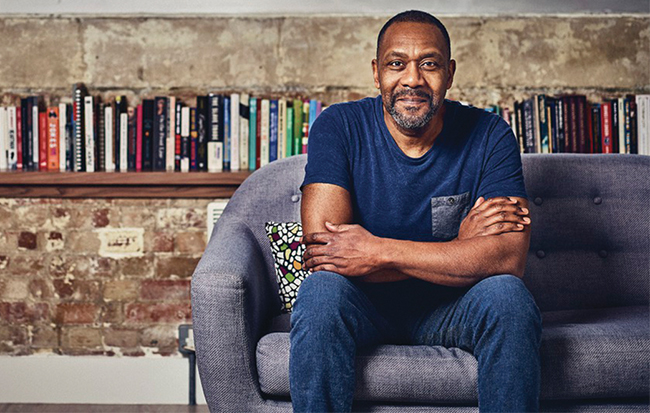 INSTITUTIONAL racism is still widespread for actors in British entertainment, according to new findings.
INSTITUTIONAL racism is still widespread for actors in British entertainment, according to new findings.
Research published by the Sir Lenny Henry Centre for Media Diversity, which polled 1,300 actors, uncovers ‘racial ceilings’, stereotypes and prejudice.
The majority of actors surveyed feel they are unable to turn down auditions that stereotype ethnicities (61%), and say they have directly experienced racism (55%)
Sir Lenny said: “The fact that the majority of respondents had directly experienced racism in the workplace should be a stain against the entire industry.”
The study is believed to be the largest survey of British actors on diversity and the auditioning process.
Key findings include:
- 79% feel roles continue to stereotype their ethnicities.
- 64% have experienced racist stereotyping in an audition.
- 55% have experienced racist behaviour in the workplace.
Actors who participated in the survey also revealed specific issues around hair and make-up, and an inability to speak up against racist practices encountered while working:
- 71% have experience of hair and make-up departments unable to cater to their heritage, hair or skin tone.
- 61% of respondents feel “largely” unable to turn down an audition for a stereotypical character.
- -66% of respondents feel “generally” unable to discuss issues openly with a director.
Recommendations include:
- The need for an independent third-party reporting body that actors can access confidentially and anonymously if needed.
- Active involvement and input from people of colour in substantive roles with the power to actively engage in anti-racist practices, including the avoidance of stereotypes in writing and casting.
- Ensuring appropriate levels of competency for hair and make-up artists working with actors of all heritages.
The research suggested that stereotypes in casting briefs lead to discriminatory behaviour at auditions, often managed by all-white panels of directors or producers.
It was reported that code words were used in conjunction with stereotypes of African-Caribbeans, with actors being told to “play it more “sassy”, “urban”, and “street”.
In other examples, actors of various ethnicities were asked to “do a Middle-Eastern accent”, to sound “more Asian”, or where Eastern European actors were repeatedly auditioning for the role of a prostitute through lack of other opportunities available.
Further anecdotal evidence from respondent comments suggests securing an audition can be challenging for actors from different communities, with Gypsy actors reportedly unable to secure representations from agencies, Hispanic actors not being recognised as an ethnicity, and an ignorance around the many complexities of Asian ethnicities and nationalities.
Writing the foreword to the report, Sir Lenny Henry, Chancellor of Birmingham City University and founder of the Centre for Media Diversity, said: “Casting is one of the most important aspects of achieving true and accurate diversity, inclusion and equity in the acting profession. It is literally the foundation that everything else is built upon.
“Every time we see a great actor like Thandiwe Newton, Idris Elba or David Harewood leave these shores to find opportunities denied to them in the UK, it is a painful reminder of why casting is so important.
“The workplace environment has also been found to be problematic by the majority of respondents to the survey. Knowledge of non-white physical characteristics by hair and make-up artists has been revealed as deeply problematic for performers of colour, with actors from African-Caribbean heritages at a particular disadvantage.”
Report author, diversity researcher and writer Dr Jami Rogers said: “This survey has revealed how much work the entertainment industry has to do to fix the systemic inequalities that affect performers of all minority ethnic communities.
“The experiences of overt racism in this report are, frankly, horrific and the actors’ comments expose the grim reality they sometimes face when all they are trying to do is earn a living from an art form they love.”

